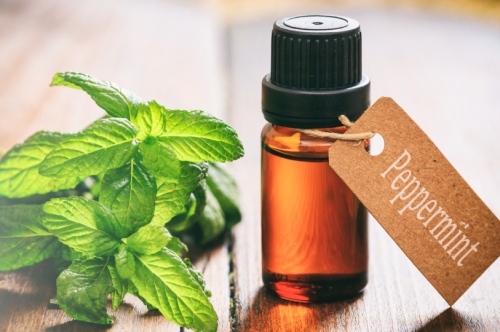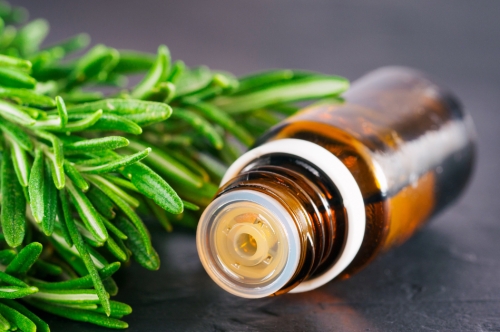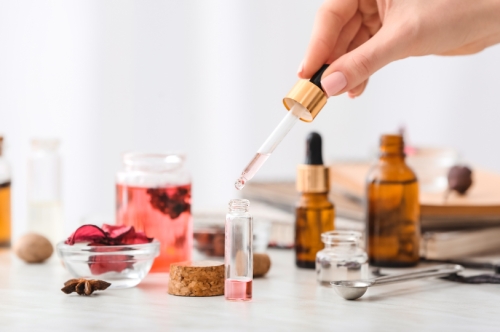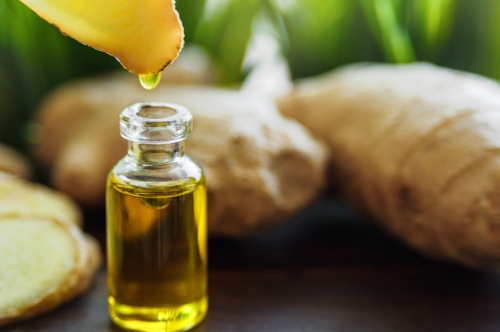Seed Oil Vs Essential Oil : What is the Difference and Uses
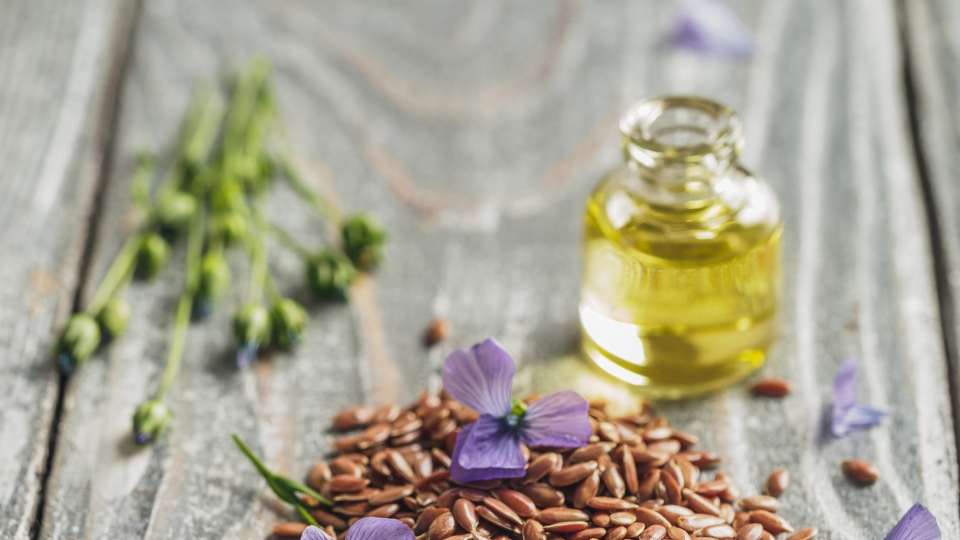
If you're interested in learning more about essential oils and seed oils, you've come to the right place. These two types of oils offer a range of health and wellness benefits, but they differ in several ways.
What is Seed oil?
Seed oil refers to any oil that is extracted from the seeds of a plant. Seeds of various plants, such as sunflower, sesame, pumpkin, flax, and hemp, are commonly used to extract oils. The process of extracting oil from seeds involves crushing or pressing the seeds to extract the oil. The extracted oil can be used for various purposes, such as cooking, skincare, haircare, and nutritional supplements.
Benefits and Uses of seed oil
Seed oils offer a range of health benefits and have many uses. Here are some of the most common benefits and uses of seed oil:
- Cooking: Seed oils are commonly used for cooking, such as frying, sautéing, baking, and roasting. They have a high smoke point, making them suitable for high-temperature cooking.
- Skincare: Seed oils are used in skincare products due to their nourishing and moisturizing properties. They can help soothe dry, itchy, or irritated skin, reduce inflammation, and improve skin elasticity.
- Haircare: Seed oils are used in haircare products due to their ability to nourish and condition hair. They can help improve hair texture, reduce frizz, and promote hair growth.
- Nutritional Supplements: Seed oils are often used as a nutritional supplement due to their high nutrient content. They are rich in essential fatty acids, vitamins, and minerals that can help support overall health.
- Aromatherapy: Some seed oils, such as sesame and pumpkin seed oils, are used in aromatherapy due to their therapeutic properties. They can help reduce stress, improve mood, and promote relaxation.
- Health Benefits: Different seed oils offer different health benefits. For instance, sunflower seed oil is high in healthy fats and vitamin E, which can help reduce inflammation, improve heart health, and boost immunity. Sesame seed oil is high in antioxidants, which can help prevent cellular damage and reduce the risk of chronic diseases. Flaxseed oil is high in omega-3 fatty acids, which can help lower cholesterol, reduce inflammation, and improve brain function.
Overall, seed oils are versatile, nutrient-rich, and offer a range of benefits for the body, skin, and hair. However, it is important to use them in moderation and consult with a healthcare provider before adding them to your diet or skincare routine.
What is an essential oil?
An essential oil is a highly concentrated oil that is extracted from various parts of a plant, such as leaves, flowers, stems, or roots. The oils are called "essential" because they contain the essence of the plant's fragrance and flavor.
Essential oils are extracted through a process of steam distillation, cold-pressing, or solvent extraction. During the extraction process, the volatile compounds in the plant material are distilled into a concentrated liquid form, which is then bottled for use.
Benefits and Uses of essential oil
Essential oils are highly concentrated oils that are extracted from various parts of plants, such as leaves, flowers, stems, or roots. They have been used for centuries for their therapeutic properties and offer a range of benefits for physical and emotional health. Here are some of the most common benefits and uses of essential oils:
- Aromatherapy: Essential oils are often used in aromatherapy to promote relaxation, reduce stress, and improve mood. They can be diffused into the air, added to a warm bath, or used in a massage oil or lotion.
- Skincare: Essential oils are used in skin care products due to their antibacterial, anti-inflammatory, and antioxidant properties. They can help soothe and hydrate the skin, reduce acne, and improve the appearance of fine lines and wrinkles.
- Haircare: Essential oils are used in haircare products to promote healthy hair growth, reduce dandruff, and improve scalp health. They can also help condition and strengthen hair, reduce frizz, and add shine.
- Natural Remedies: Essential oils can be used as natural remedies for a variety of health conditions, such as headaches, nausea, colds and flu, and muscle pain. They can be applied topically, inhaled, or taken internally (although this should only be done under the guidance of a healthcare professional).
- Cleaning: Essential oils are often used in natural cleaning products due to their antibacterial and antiviral properties. They can help disinfect surfaces, freshen the air, and remove odors.
- Cooking: Some essential oils, such as peppermint or lemon oil, can be used in cooking to add flavor and aroma to dishes.
Overall, essential oils offer a natural, holistic approach to health and wellness. However, it's important to use them safely and appropriately, as they are highly concentrated and can cause skin irritation or other adverse reactions if used improperly.
Check out the benefits of rosemary oil for hair
What is the difference between seed oil and essential oil?
Seed oil and essential oil are two different types of oils that are extracted from plants. Here are the key differences between seed oil and essential oil:
- Extraction Method: Seed oil is typically extracted from the seeds of a plant by crushing or pressing them to extract the oil. Essential oil, on the other hand, is extracted from various parts of a plant, such as leaves, flowers, bark, or roots, through a process of steam distillation, cold-pressing, or solvent extraction.
- Composition: Seed oil is composed of fatty acids, vitamins, and minerals that are found in the seeds of a plant. Essential oil, on the other hand, is composed of aromatic compounds that are found in various parts of a plant.
- Aroma: Seed oil generally has a mild aroma that is characteristic of the seed it was extracted from, whereas essential oil has a strong, distinct aroma that is characteristic of the plant it was extracted from.
- Uses: Seed oil is commonly used in cooking, skincare, haircare, and as a nutritional supplement, whereas essential oil is commonly used in aromatherapy, perfumes, and as a natural remedy for various health conditions.
- Safety: Seed oil is generally safe for consumption and topical use, whereas essential oil should be used with caution as it is highly concentrated and can cause skin irritation or allergic reactions if used improperly.
Conclusion
Overall, seed oil and essential oil are two different types of oils with distinct properties, uses, and safety considerations. While both can offer a range of health benefits, it is important to understand their differences and use them appropriately,while essential oils and seed oils both have their uses, they differ in their source, concentration, extraction method, and primary applications.







